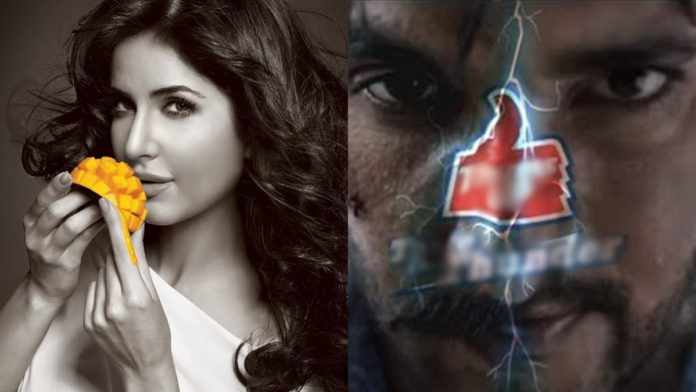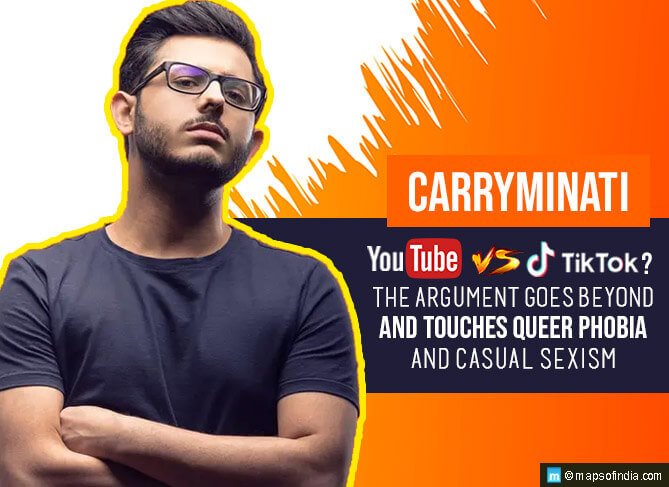Most days on the television, we see advertisements showing women performing various household tasks. Some show a super devoted mother running round the clock to fulfil everybody’s needs, and she smiles as she recommends us a bar of soap that allowed her to reinvent her whole personality. On a different channel, we see yet another mother making milk for her child, with a slogan ‘only a mother knows the importance of good habits’ what is supposed to be an appreciation for women, falls short by a great amount.
As a child, I grew up watching advertisements glorifying women in the kitchen, women growing multiple hands as a nod to the goddess Durga so that they can satisfy every member’s demand. What’s even sadder is the fact that I never questioned this. For where else do our mothers belong, if not in the kitchen?
These ads get created for female empowerment most of the time, but their efforts lack direction and do more damage than empowerment.
It is only genuine that art is as good as the society it caters to. However, we live in such a sexist society that we create sexist workspaces, reflecting even our representation of women.
Advertising today is a potent marketing tool. Starting from slogans that we all remember to catchy old jingles, we still find ourselves singing along. Advertising has played a significant role in how we think, what we buy and what we consume. Today, most households call all brands of noodles the popular ‘maggi’ regardless of what they might be or how butter has become synonymous with ‘utterly butterly delicious’ Amul. There is no denying the power that this tool of marketing holds in our lives.
Why do we still create such ads?
A few months ago, Tanishq, a popular jewellery brand, came out with a progressive advertisement portraying a Hindu woman married into a Muslim family and how the Muslim family bends their culture to accommodate hers and make her feel comfortable.
What came next was a barrage of hate comments against what seemed like an innocent ad. People lashed out against the brand, calling them hinduphobic and encouraging ‘love jihad’. It cost Tanishq a lot of their business, and the ad was pulled back immediately, along with an apology offered by the brand.
The majority of consumers in India today have a sexist outlook. Our advertisements only highlight and profit from existing societal standards and beliefs. It isn’t just the ads that influence society but also the society that affects creators and their promotion methods.
This patriarchal society will require much stricter actions for us to see a change to the core. Advertising as of today is a controversial topic for sure. Some are trying to bring a change, such as Akshay Kumar advertising detergent, what is thought to be a woman’s role. There isn’t an excuse for the harmful content that most significant brands still continue creating. Change is a gradual process, and ideals of equality and diversity should be reinforced time and again by the upcoming generation.





